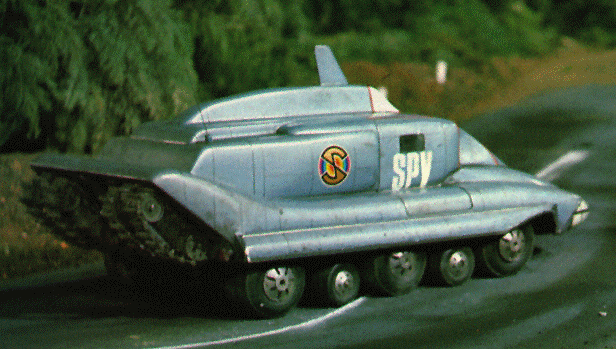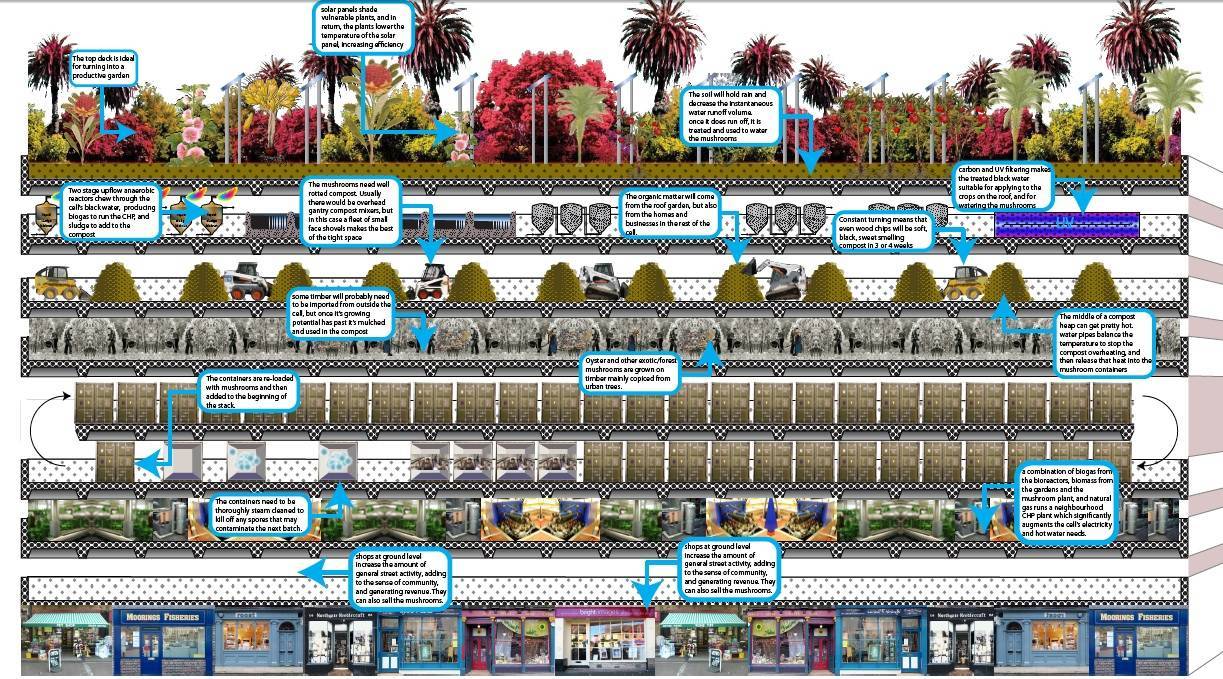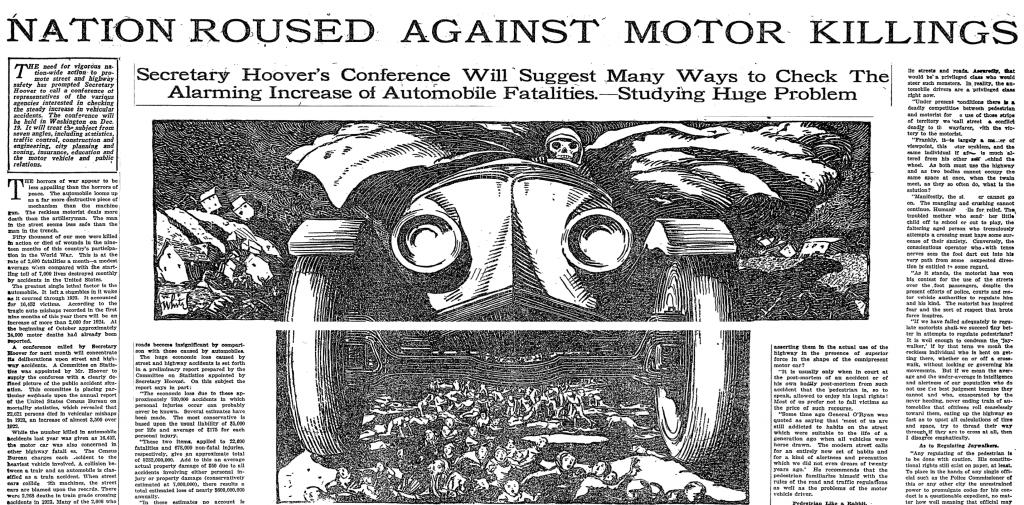Driverless cars
For quite a while now I’ve been thinking about the effects of driverless cars. To begin with I didn’t realise that this was what I was thinking about. When I was a student I looked at how to use car parks as schools and farms once they no longer housed cars, but that’d getting off track - we haven’t got to that point yet.
I’m going to lay out one way that I think driverless cars could change the world. Each point could ramify significantly and I could chase each one, but let me take this one path and try to make it compelling. Then we can go back over it if it makes sense.
Thinking about today’s human-driven cars- it’s all about the driver! It was the Queen’s birthday long weekend, so to pass the time we watched all the fast and furious films1 and the driver really is key. The car seems to be the star, but as the cowboy kid drags the supercar around the carpark you see that ‘precision driving’ really is a property of the driver. This car-driver relationship has been important ever since ‘normal’ people could have cars. The freedom and adventure afforded by having a car and being able to drive it has been a big deal in 20th and 21st century culture.
 Captain Scarlet sat facing backwards in his car, most cars are able to do 60-0 a lot faster than 0-60!
Captain Scarlet sat facing backwards in his car, most cars are able to do 60-0 a lot faster than 0-60!
The first thing that will change when cars aren’t for the driver will be the car itself. It’s always easiest to think about the technological impacts of a technological change. The cockpit design is currently driver focused; they are usually the one paying for the car (Lady Penelope and chums excepted). If the car is being driven by a computer then there is no need for many of the features that we’ve become accustomed to. No need for all passengers to face forwards, no steering column, no hand brake or gear stick. Once you take away all of these things you have a small train carriage. In fact you are more or less back to horse drawn carriage design constraints but with a lot more technology to solve them with.
Prediction 1: Within a few generations of driverless cars (5 years for argument’s sake), cars will look very different to the way that cars look now.
Once you take away the ‘thrill’ of driving from people, and cars get from a to b in a rational way, I think people will lose interest in owning a car. Even now the cost difference between owning a car and getting a taxi everywhere isn’t a knockdown argument for ownership. There are currently fairly strong disincentives to cabs: they are a faff to hail in most places, you need to have money on you, most taxi drivers (in Sydney at least) drive like lunatics so there’s the whiplash problem. Once you take away the disincentives to thinking about your transportation as a service then private vehicle ownership become less desirable. You already see this in cities like London and New York where the congestion and cost of parking makes driving yourself suck enough that the balance tips toward public transport. I’m not going to rant about how great public transport is; for everything that’s good about it there are a whole load of things that are terrible. It’s a pretty sub-optimal urban mobility method, just less so than people driving their own cars.
Prediction 2: Car ownership rates will plummet as driverless cars become more available.
Once there are a few people doing ‘transport as a service’ (as the IT world would probably call it) it will become pretty standard. You’ll sign up to a service level agreement and payment plan - exactly the same way as you would for a mobile phone bill. If you pay $x a month then you’ll get a pickup guaranteed within 15 minutes that costs $y a km and is cleaned every 2 days; let’s call this the Focus service. For a bit more you get the Alfa service, and a bit more than that you get the Aston service, where you are picked up within 5 minutes, in a car that’s just been cleaned and has unlimited travel built into the price.
Prediction 3: Schemes like zipcar will expand to offer cars that will come and pick you up and drop you off.
Owning your own car will seem odd and antiquated. If people don’t own cars, then they could be off doing useful stuff while you aren’t using that particular one. That means that there’s no need to park them. No need for two whole lanes of road to be taken up with parked cars (twice as much road in most places) and no need for car parks (freeing up lots of urban space). This will make the roads less congested (more on this in a second) and free up lots of real estate. Chicago is about to launch a scheme where they make the parking prices on their streets vary by demand so that there is always one empty spot on each block. Their numbers suggest that something like ⅓ - ½ of all the traffic on the streets is caused by people cruising for a spot. They hope to solve that by making parking more available, but if driverless cars get there first then they will triply relieve the congestion problem - no parking, no cruising and holding up others, and driving much better so there is none of the human error associated with “all the other retards” in their cars.
Prediction 4 & 5: Congestion will dramatically reduce, even with a much higher population and without any new infrastructure.
Real estate prices will dip as a huge amount of space is released onto the market. As most of it isn’t really that usable to begin with there will be some interesting uses for it.

I think that this is what I was thinking about when I did this poster: mushroom farming in the city. I’m sure we could come up with a bunch of other things that you could do with the low quality space in car parks now, but the one thing that I think that developers are waking up to is that underground car parks don’t really have any long term value as they can’t be converted into anything else once we aren’t parking cars!
Prediction 6: City real estate prices will dip a little as new area is unlocked. It will be buffered by the majority of parking m2 being pretty shitty space. In semi urban and suburban areas we might even see a collapse in prices as area that is currently used for cars only becomes available for development all at once.
One effect that is pretty obvious from prediction 3 is that the taxi industry will collapse. This, from a user’s perspective isn’t too bad- it’s being replaced by another service that does the same thing but better. The people who this will suck for are taxi drivers. I’m not sure how many drivers there are, NSW taxis claims ”6 500 taxis on the roads in NSW” so there would be maybe twice that many drivers. Adding 10k unemployed people to the pool would probably be a bit destabilising. In cities like Melbourne and Sydney where most drivers seem to be young migrants this might play out differently to cabbies in London who’ve made this their whole career. This won’t be the standard, gradual creative destruction, so if anyone can think of an example where a whole industry has disappeared this quickly it’d be interesting to compare it. (Maybe coal mining or ship building in Britain?) There will be a similar effect in trucking and other driving jobs.
Prediction 7: The collapse of professional driving for transportation will be a significant global destabilising force.
Current road rules are designed to deal with the slow reaction times and poor decision making capacity of human drivers. Driving on a particular side of the road, in zoned-off lanes, and following the signs (traffic lights, road markings, etc.) means that fewer cars will fit onto the roads or that they will be forced to drive in an inefficient way. A mixed environment of drivers and driverless will need to deal with the lowest common denominator - the wet-ware
Prediction 8: If driverless cars are to achieve anything like their full p-driven cars will be need to be banned. This will probably extend to all other non-AI road users too, so if you want to cycle Copenhagen style bike lanes will probably be required.
Assuming that there is some version of Isaac Asimov’s Three Laws of Robotics built into the driving system, cars will go to great lengths to prevent harm to humans2. This means that a ‘playful’ individual could cause transport chaos just by walking out into the road.
Prediction 9: jaywalking3 will become a more serious offence.
-
the most recent F&F movie is fantastic, V Dizzle’s flying headbutt is part of a string of highlights! ↩
-
I suppose this brings up some interesting trolley problem type issues ↩
-
you should listen to this fascinating 99% invisible podcast about jaywalking ↩

